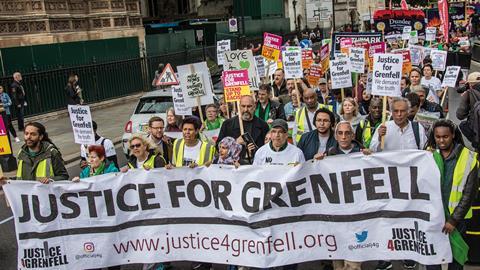The Practical Guide to Public Inquiries
Isabelle Mitchell, Peter Watkin Jones, Sarah Jones, Emma Ireton
£76.50, Hart Publishing
★★★★✩
Public inquiries are now an established feature of the legal landscape. They range in focus and scale, and, in recent years, have investigated everything from public tragedies to terrorist attacks, rogue doctors, child protection and the Iraq War.
Yet notwithstanding their growth as an area of legal practice, there is little jurisprudence on public inquiries and nothing that addresses the more mundane, nuts and bolts of how they work: how they collect and manage evidence; how decisions are made about legal representation and funding; and how they engage with aggrieved and criticised parties. Moreover, with no available official guidance on running a public inquiry (and knowledge exchange between inquiries usually confined to learning what not to do as opposed to what to do) there is a risk that practitioners end up simply reinventing the wheel.
This is, therefore, a timely and important book. Its authors have several decades of collective experience in acting for both public inquiries and core participants. The book offers a lucid and accessible foundation in the practicalities of establishing, running and concluding a public inquiry. Its coverage is comprehensive, and it will be a boon to those lawyers and civil servants working for an inquiry. The book will also be of considerable utility to those acting for parties implicated in an inquiry’s investigations, with useful commentary on matters ranging from responding to requests for evidence, obtaining core participant status and legal funding, and contemplating judicial review proceedings.
The excellent commentary is occasionally overshadowed by what often feels like an excess of checklists. The book also contains some black-and-white diagrams that are difficult to read.
However, these minor issues do not detract from what is an excellent resource for the legal practitioner. For those wanting an insight into public inquiries, this will be the go-to book.
Ryan Ross is a third-six pupil at Farrar’s Building. Prior to being called to the bar, he worked at the Infected Blood Inquiry
































No comments yet